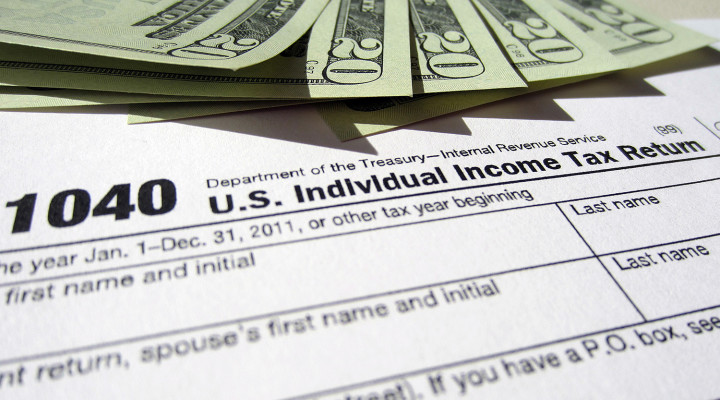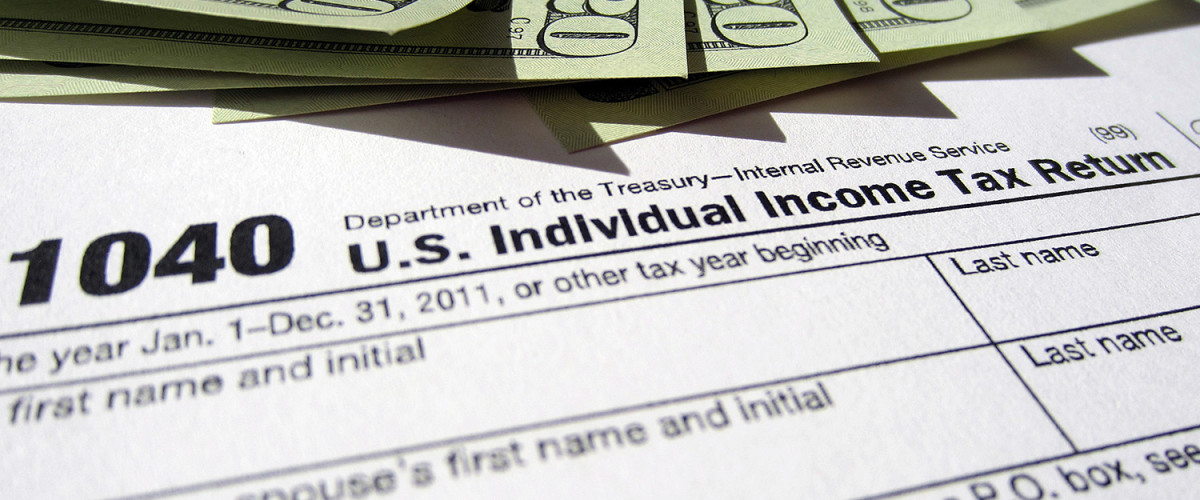The Freedom From Religion Foundation once again has filed a lawsuit claiming the IRS ministerial housing allowance is unconstitutional.
The Wisconsin-based group that advocates separation of church and state from a secularist position sued April 6 in federal court. It claims a provision in the tax code that exempts clergy from paying taxes on portions of their income designated as a ministerial housing allowance violates the First Amendment ban on establishing religion “by providing preferential and discriminatory tax benefits to ministers of the gospel.”
A federal law passed in 1954 exempts clergy from paying taxes on portions of their income designated as a ministerial housing allowance. It covers the amount actually used to purchase or rent a home, including furnishings and utilities. GuideStone Financial Services of the Southern Baptist Convention calls it “the most important tax benefit available to ministers.”
The Freedom From Religion Foundation lost a similar lawsuit in 2014, when a federal appeals court said they lacked standing to sue because they weren’t directly harmed by the clergy tax break. This time around, the FFRF designated a portion of employees’ salaries as a housing allowance.
The workers sought a refund of the income taxes paid on the amounts of their designated housing allowances, and the IRS denied the deduction.
The lawsuit claims the parsonage allowance was founded “as a reaction to Cold War hostility to atheism, and it was intended to subsidize, promote, endorse, favor and advance churches, religious organizations and ‘ministers of the gospel.”
The suit says the provision “discriminates against the individual plaintiffs who are denied the same tax benefits because they are not practicing religious clergy.”
Other experts on First Amendment law disagree.
“The ministerial housing allowance does not violate the First Amendment’s Establishment Clause,” Brent Walker of the Baptist Joint Committee for Religious Liberty said in 2013.
“Government violates the Establishment Clause when it gives religion a tangible benefit, such as grants to churches to finance their ministries or vouchers to parochial schools to pay for the teaching of religion,” Walker explained. “However, accommodations of religion, such as tax exemption and other exclusions, are generally permitted.”
Walker said the First Amendment does not require such accommodation but also does not forbid it. Other sections of the tax code give similar relief to other segments of society including members of the military, taxpayers living abroad and employees required to live on premises or who are on 24-hour call.
Previous story:


